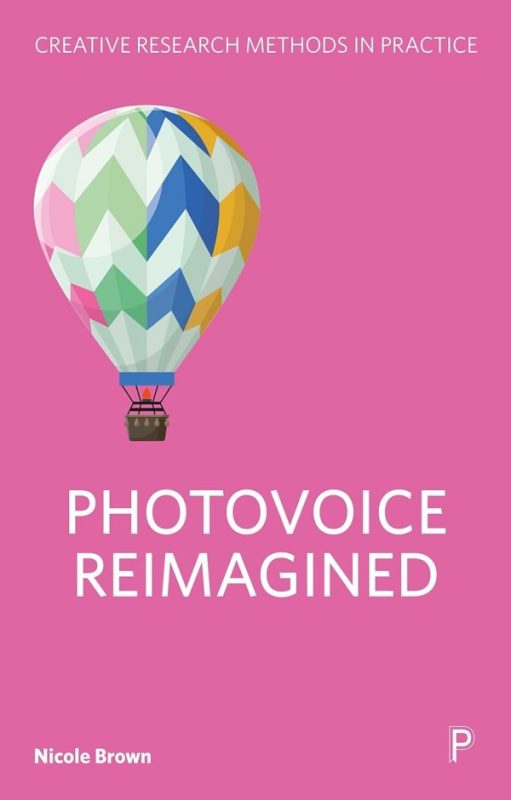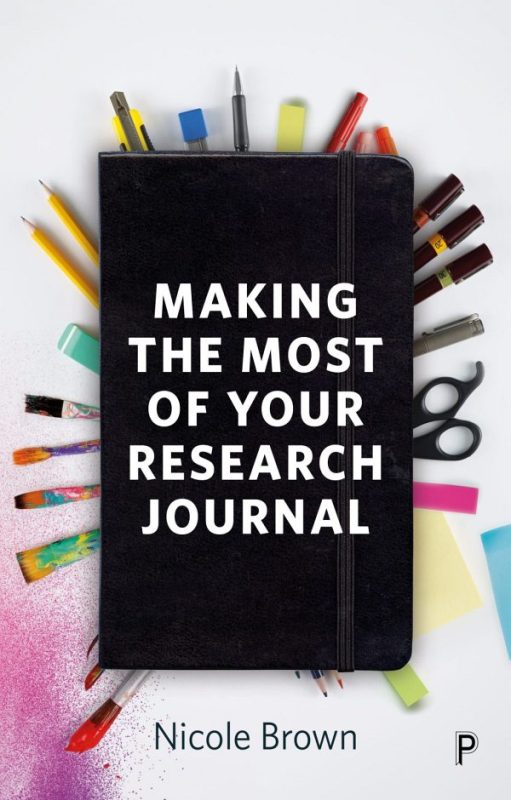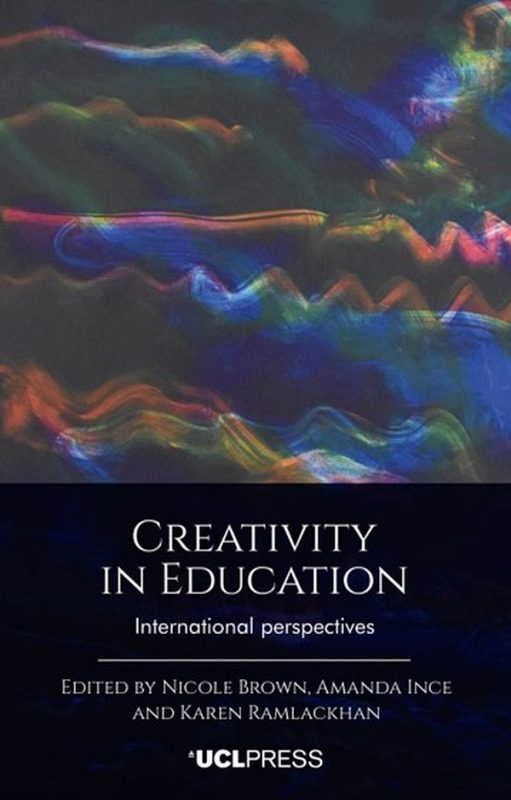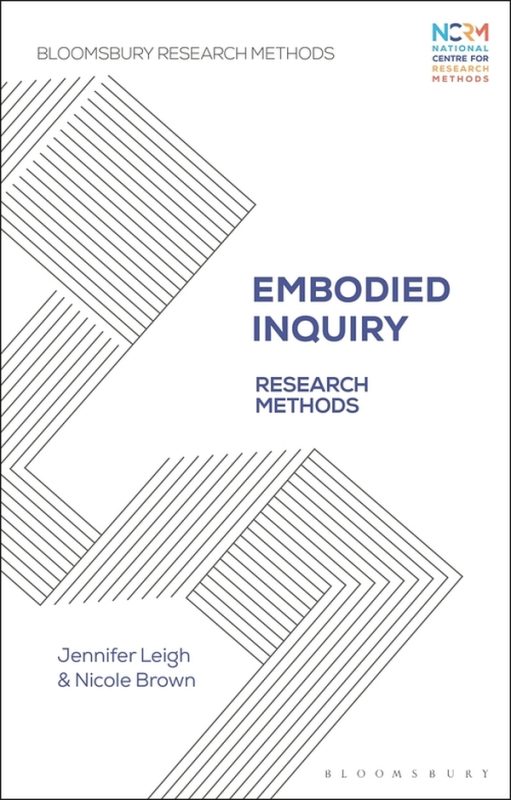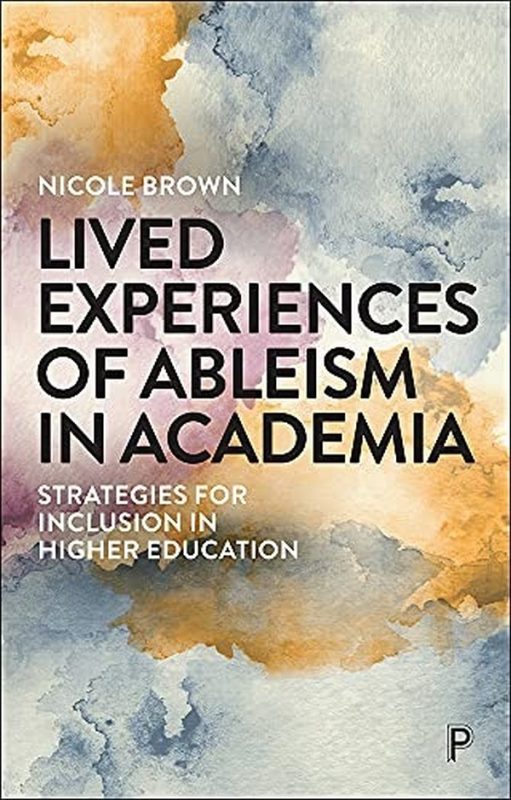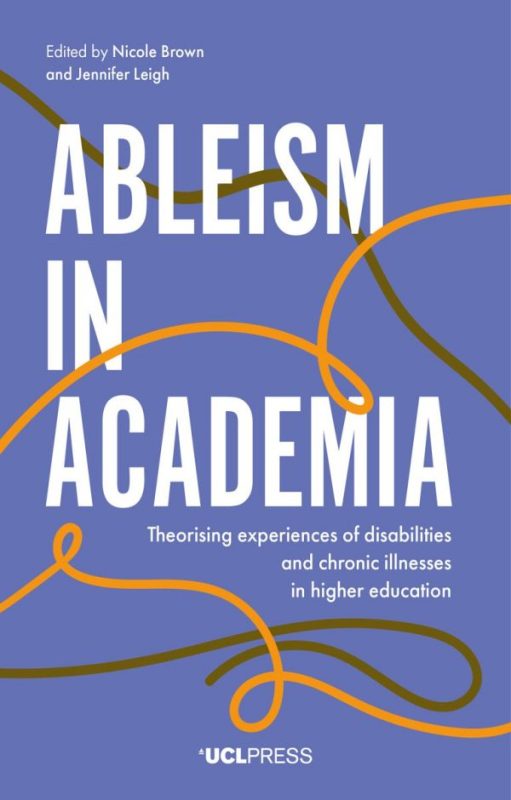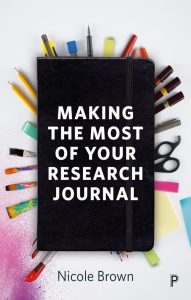
How to keep a research journal
This post links to my contribution to the Lex Academic Blog, in which I write about how to keep a research journal.
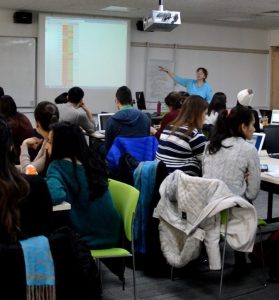
Teaching to large audiences
This post offers some recommendations on what to do if teaching involves larger audiences rather than smaller groups.
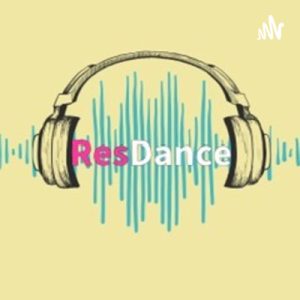
The ResDance podcast: Embodied Inquiry
I was invited to contribute to the ResDance Podcast. My contribution was about my Embodied Inquiry work, as part of my own research and as part of the Embodied Inquiry: Research Methods book.
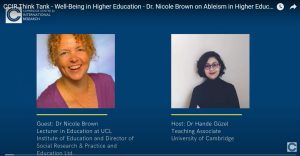
Wellbeing in Higher Education podcast: Ableism
I was invited to contribute to the Cambridge Centre for International Research podcast series to talk about the experience of disabled people in higher education and how to improve the situation.

Ableismus in der Akademie
This post is a link to recordings and write-ups of an ableism event held in German via the Johannes Kepler Universität Linz and Universität für künstlerische und industrielle Gestaltung Linz.
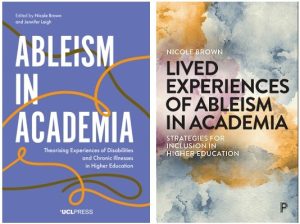
Recordings of ableism events and keynotes
It is with great excitement and pride that I share a list of scheduled ableism events. Celebrating the launch of my two edited books, find here events about Ableism in Academia.
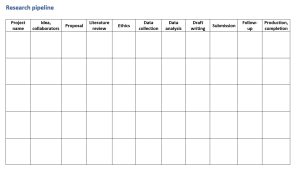
The research pipeline: managing the publications process
This post outlines how to maintain a research pipeline to plan and manage publications systematically and links to a word template.
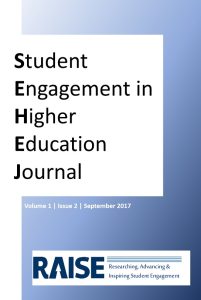
Article: Increasing students’ engagement with reflections
This article seeks to explore the nature and depth of students’ engagement by providing an example from a teacher education programme.
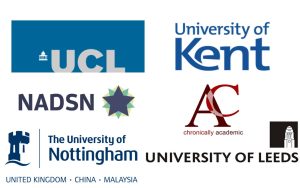
Joining Ableism in Academia event
Find here the instructions of how to join the Ableism in Academia event via the connected UCL moodle page.

Article: Preventing plagiarism and fostering academic identity
This is the link to the PDF version of the article "Preventing plagiarism and fostering academic identity: a practical approach" (Brown and Janssen, 2017).
Guest post: So we are all gifted and talented
Having read "Peak" guest blogger Craig Brown argues that gifted and talented provision needs to be reviewed.
Digest: Value of social networks for teachers
Kelly and Antonio (2016) report on the value of social networks, more sepcifically facebook, for the teaching communities.
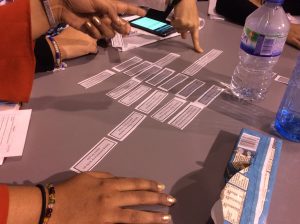
Types of plagiarism
Irrespective of the types of plagiarism, ultimately plagiarism is a punishable offence. Therefore, it is a good idea to get fully acquainted with the different types of plagiarism in order to be able to effectively avoid difficult situations. You are best advised to err on the side of caution and therefore credit too many authors and originators rather than not crediting others enough. Plagiarism is not a trivial offence, but theft and will be treated as such, irrespective of whether or not you plagiarise intentionally or unintentionally.
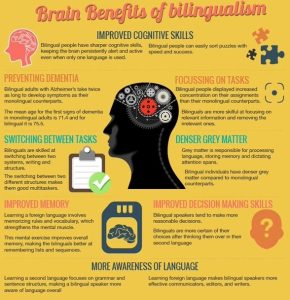
Benefits of bilingualism
Often as teachers we find it difficult to cater for all of our students' needs, but we should not forget that the needs may also be strengths. Here is a great visual that demonstrates the benefits of bilingualism, even if catering for English as Additional Language learners may sometimes feel an added burden.
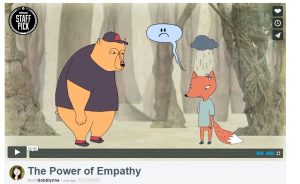
Teaching empathy
Teaching empathy is crucial if students are to understand empathy as a concept in order to be able to demonstrate historical empathy, for example. Here is a useful resource.
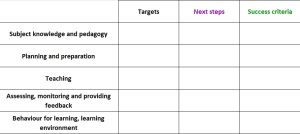
Writing an action plan
How to write an action plan in order to improve teaching practice. An action plan should include targets, next steps and success criteria for it to be meaningful.
